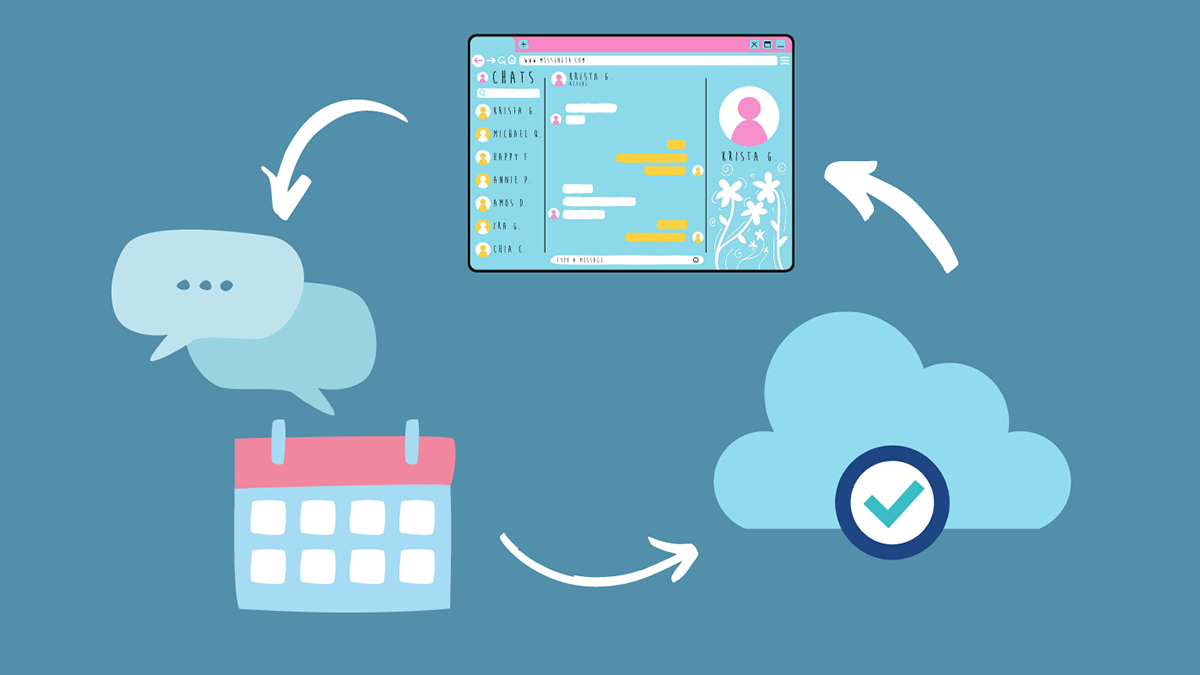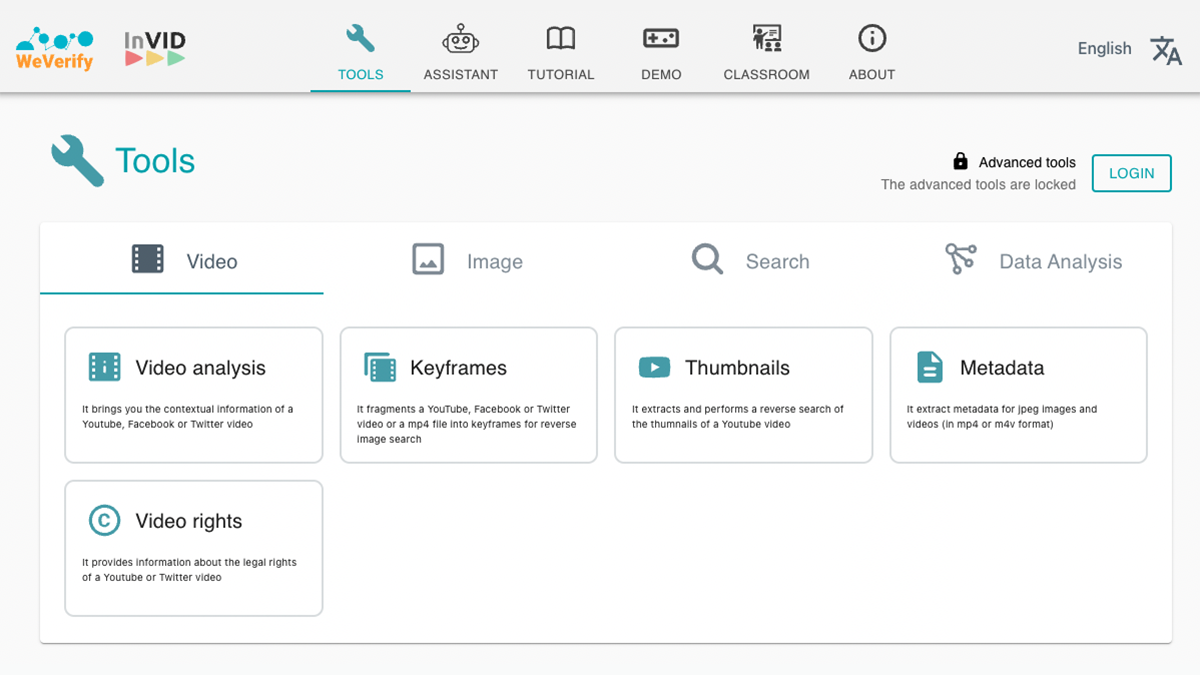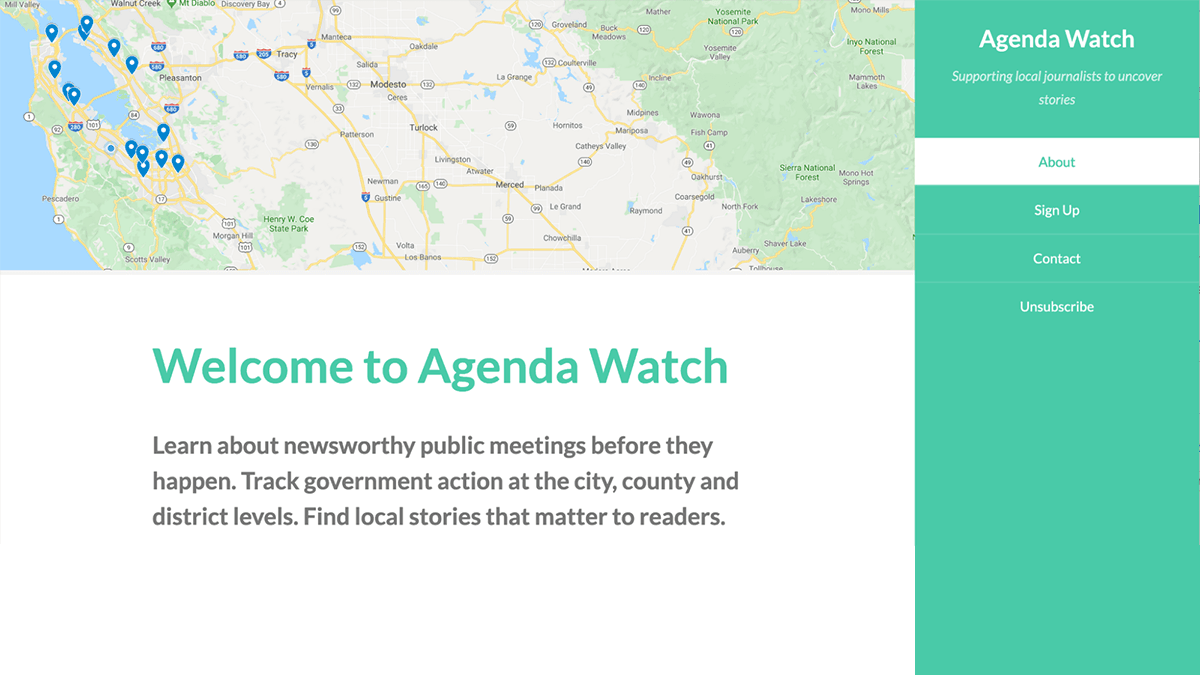
Technology
These journalism tools show how data and reader service go hand-in-hand
Want to know if your chicken could be contaminated with salmonella? There’s a (news) app for that.
Addressing the latest wave of coronavirus misinformation
First Draft created a special section on COVID-19 in its Basic Toolkit for verification. ONA quickly published a COVID-19 Misinformation Playbook and SPJ’s Journalist’s Toolbox maintains its own page of resources for fact-checking coronavirus information. Using these guides and a few select tools can help journalists verify facts and fight misinformation.
Q&A: What a newsroom learned switching story budgets to Airtable
Save time, collaborate, integrate with new tools and share records requests.
Want to collaborate more? Get your tools to talk to each other
Put automations to work to make collaborating easier with tools like Airtable, Slack and Google Drive The One Newsroom, which is the convergence of The Columbia Missourian, KBIA, KOMU, Vox Magazine, and the Missouri Business Alert, into one space, has created more opportunities for collaboration. The Missourian converted its old content budgeting process (once hosted … Continued
5 ways to use Canva to upgrade your newsroom’s visual presence on social media
With its brand kit and newsroom specific graphics, Canva is a one-stop shop for elevating your social media presence.
How to verify videos
Videos can present a difficult challenge for verification when you aren’t receiving them from a trusted source.
Should you buy a refurbished drone for Christmas?
Refurbs can come with substantial savings, but check the warranty policies.
Here’s how we’re putting together the pieces for Detroit development tracker
For the last six months, Detour Detroit has worked to build the Detroit Development Tracker, a tool that will allow the public to monitor large property development, see changes in their neighborhoods and get more engaged with the development process.
Making Agenda Watch useful to journalists across the country
Big Local News and the Reynolds Journalism Institute will make Agenda Watch a full-featured platform for journalists, one that provides the ability to research past agendas and minutes as well as subscribe to alerts based on topics and keywords relevant to a reporter’s beat.
Putting Airtable to work in your newsroom
From surveying readers to tracking impact, it can do a lot more than a spreadsheet.









